DNA methylation and gene expression data integration identify aging-related genes in blood that predict health outcomes, offering new insights into aging biology and potential therapeutic targets.
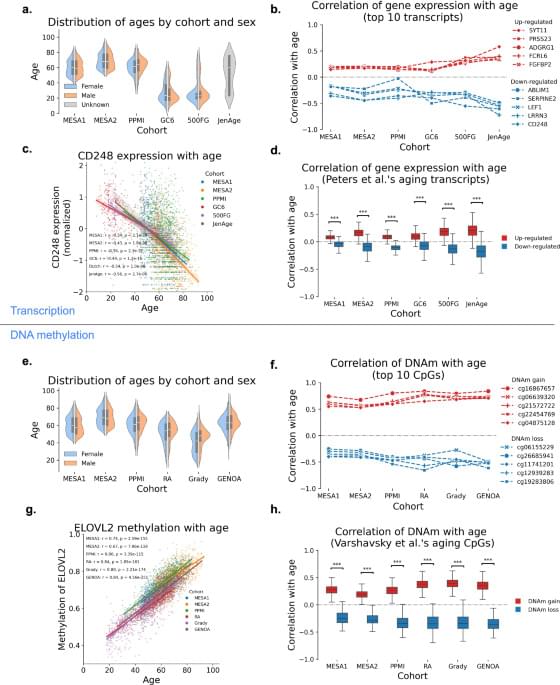

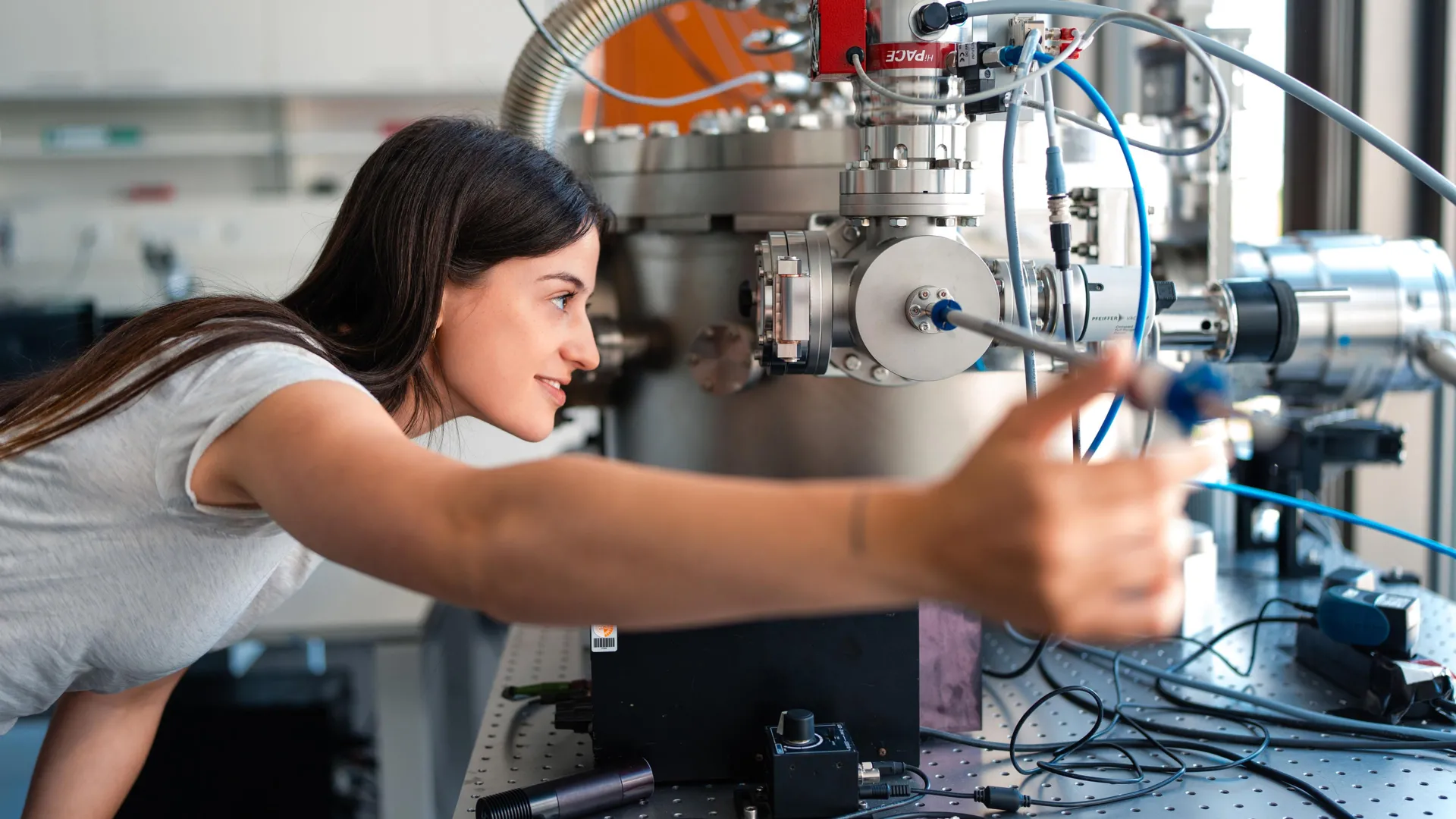
As data keeps exploding worldwide, scientists are racing to pack more information into smaller and smaller spaces — and a team at the University of Stuttgart may have just unlocked a powerful new trick. By slightly twisting ultra-thin layers of a magnetic material called chromium iodide, researchers created an entirely new magnetic state that hosts tiny, stable structures known as skyrmions — some of the smallest and toughest information carriers ever observed.
Predicts significant advancements in AI capabilities within the next decade, which will have a profound impact on society, economy, and individuals, and emphasizes the need for careful governance, equitable distribution of benefits, and responsible development to mitigate risks and maximize benefits ## ## Questions to inspire discussion.
AI Scaling and Progress.
Q: What are the key factors driving AI progress according to the scaling hypothesis?
A: Compute, data quantity and quality, training duration, and objective functions that can scale massively drive AI progress, per Dario Amodei’s “Big Blob of Compute Hypothesis” from 2017.
Q: Why do AI models trained on broad data distributions perform better?
A: Models like GPT-2 generalize better when trained on wide variety of internet text rather than narrow datasets like fanfiction, leading to superior performance on diverse tasks.
Artificial intelligence is rapidly advancing to the point where it may be able to write its own code, potentially leading to significant job displacement, societal problems, and concerns about unregulated use in areas like warfare.
## Questions to inspire discussion.
Career Adaptation.
🎯 Q: How should workers prepare for AI’s impact on employment? A: 20% of jobs including coders, medical, consulting, finance, and accounting roles will be affected in the next 5 years, requiring workers to actively learn and use large language models to enhance productivity or risk being left behind in the competitive landscape.
Economic Policy.
📊 Q: What systemic response is needed for AI-driven job displacement? A: Government planning is essential to manage massive economic transitions and job losses as AI’s exponential growth reaches a tipping point, extending beyond manufacturing into white-collar professions across multiple sectors.
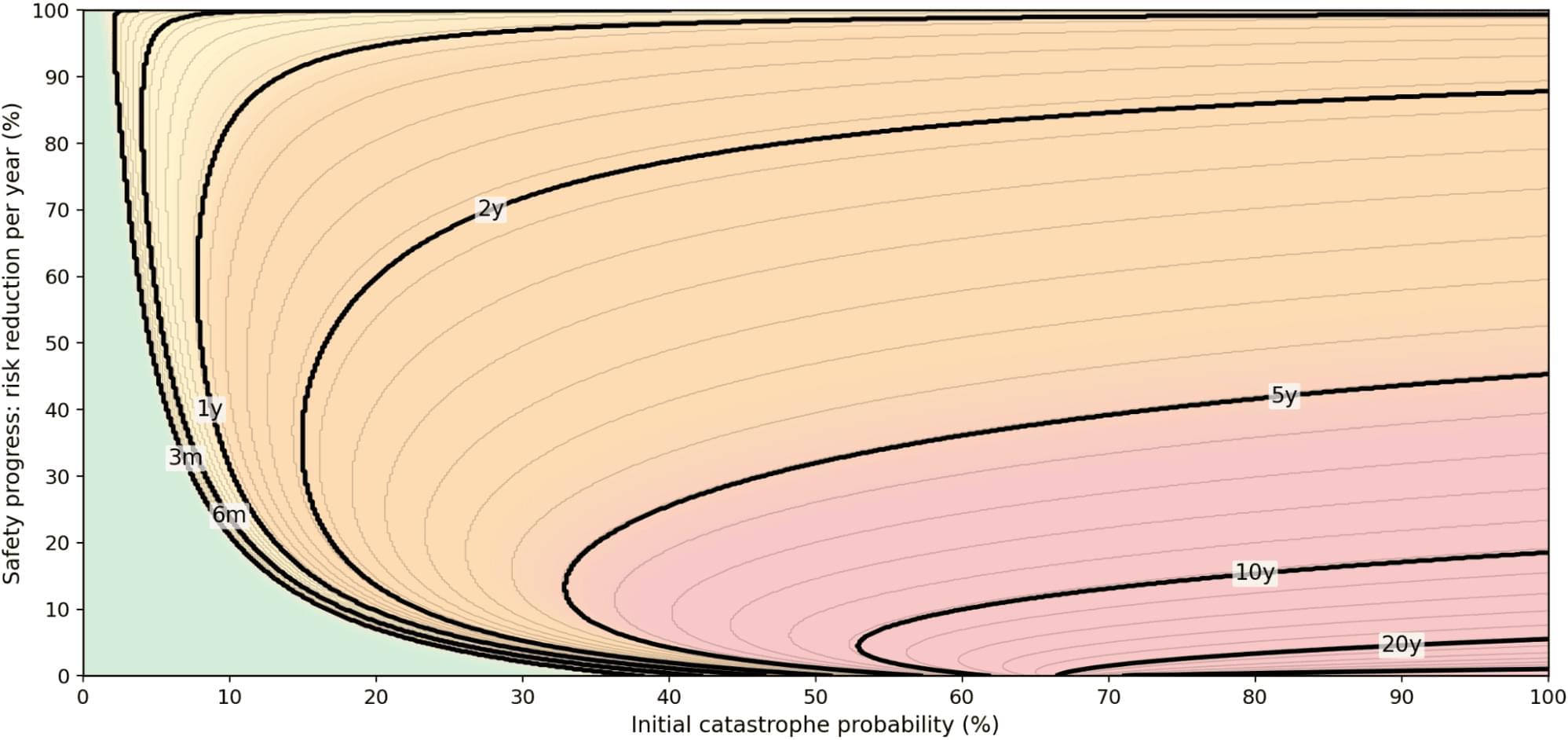
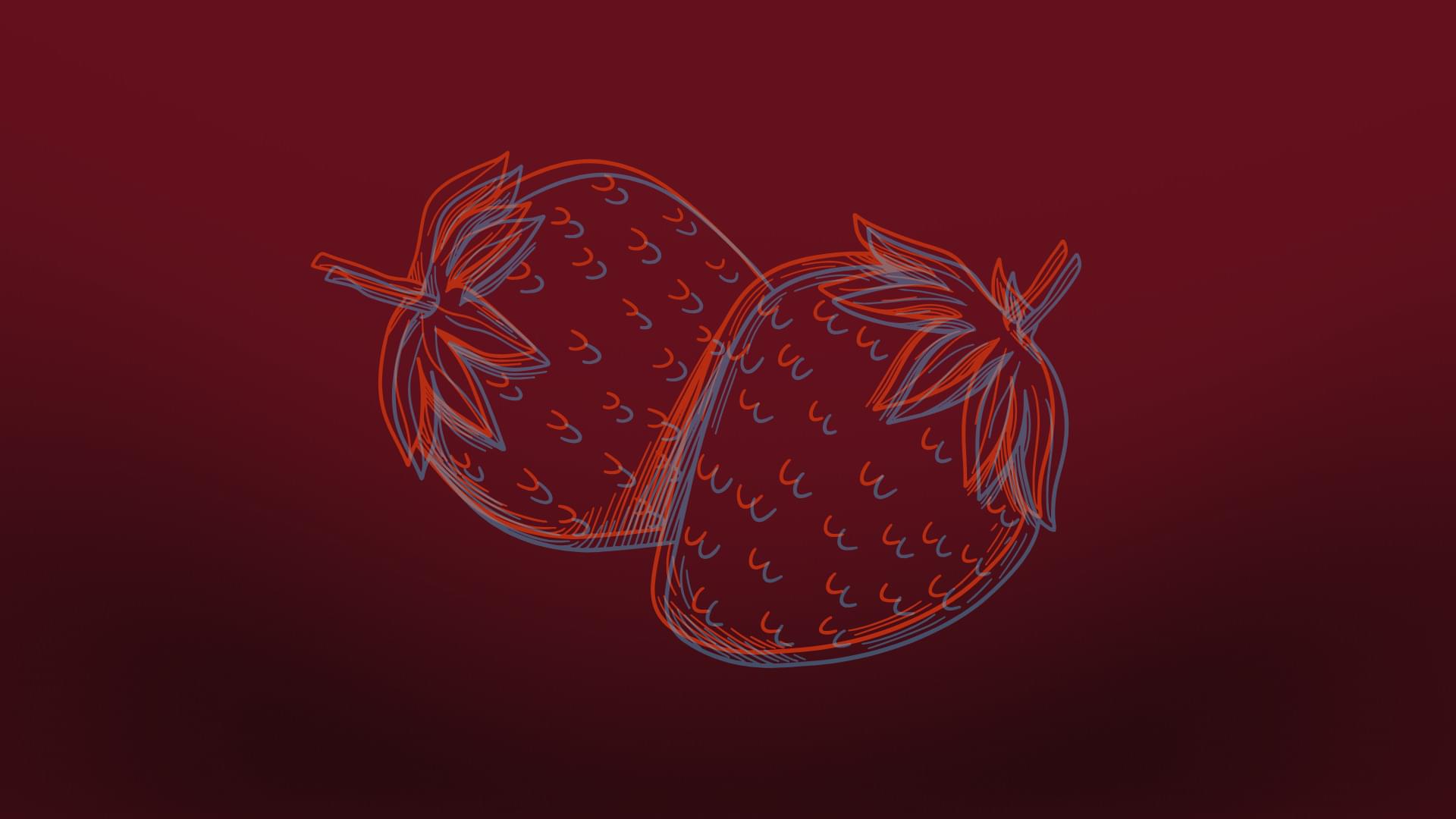
Imagine this: A person walks into a room and knocks a ball off a table.
Did you imagine the gender of the person? The color of the ball? The position of the person relative to the ball?
Yes and no, says cognitive scientist Tomer Ullman, the Morris Kahn Associate Professor of Psychology, who with Halely Balaban recently published a paper titled “The Capacity Limits of Moving Objects in the Imagination.” If you’re like most people, you probably thought about some of these things, but not others. People build mental imagery hierarchically, starting with the ideas of “person,” “room,” “ball,” and “table,” then placing them in relation to one another in space, and only later filling in details like color.
“Our imaginations are actually patchwork and fuzzy and not filled in,” he said. His theory: Your mind’s eye might be lazier than you think. But that’s not necessarily a bad thing. “You leave things out until you need them.”
For the latest installment of “One Word Answer,” we asked Ullman to elaborate further on the current scientific thinking behind “imagination.”
Less like a picture, more like a video game? “Our imaginations are actually patchwork and fuzzy and not filled in,” says Tomer Ullman.

A positive newborn screening for spinal muscular atrophy (SMA) is currently considered a medical emergency. Without early treatment, severe disability or death in infancy are likely. However, research findings from Germany and Australia now show that in rare cases, a positive screening result can be a genetic false alarm. Researchers have discovered that functional tests in a zebrafish model may enable fast and reliable clinical decision-making in cases of unclear genetic findings.
The study “SMN1 variants identified by false positive SMA newborn screening tests: Therapeutic hurdles, and functional and epidemiological solutions” was published in the American Journal of Human Genetics and another study, “Clinical relevance of zebrafish for gene variants testing. Proof-of-principle with SMN1/SMA,” in EMBO Molecular Medicine. The collaborative research team was led by Professor Dr. Brunhilde Wirth, Director of the University of Cologne’s Institute of Human Genetics and Principal Investigator at the Center for Molecular Medicine Cologne (CMMC) and Dr. Jean Giacomotto from Griffith University’s Institute for Biomedicine and Glycomics, Brisbane, Australia.
The scientists examined two newborns—a girl from Germany and a boy from Australia—in whom routine screening initially failed to detect the SMN1 gene. A missing SMN1 gene is the main genetic trigger of SMA. This diagnosis would normally result in immediate treatment, as it would be assumed that the child’s life is in danger. However, further genetic analysis revealed a surprising finding: both children carried rare SMN1 variants that had not been detected by the screening test. It remains unclear whether these variants cause the disease.

Scientists have traditionally studied how the brain controls movement by asking patients to perform structured tasks while connected to multiple sensors in a lab. While these studies have provided important insights, these experiments do not fully capture how the brain functions during everyday activities, be it walking to the kitchen for a snack or strolling through a park.
For people living with Parkinson’s disease, this gap between laboratory research and real-world behavior has limited efforts to improve gait symptoms outside of the clinic.
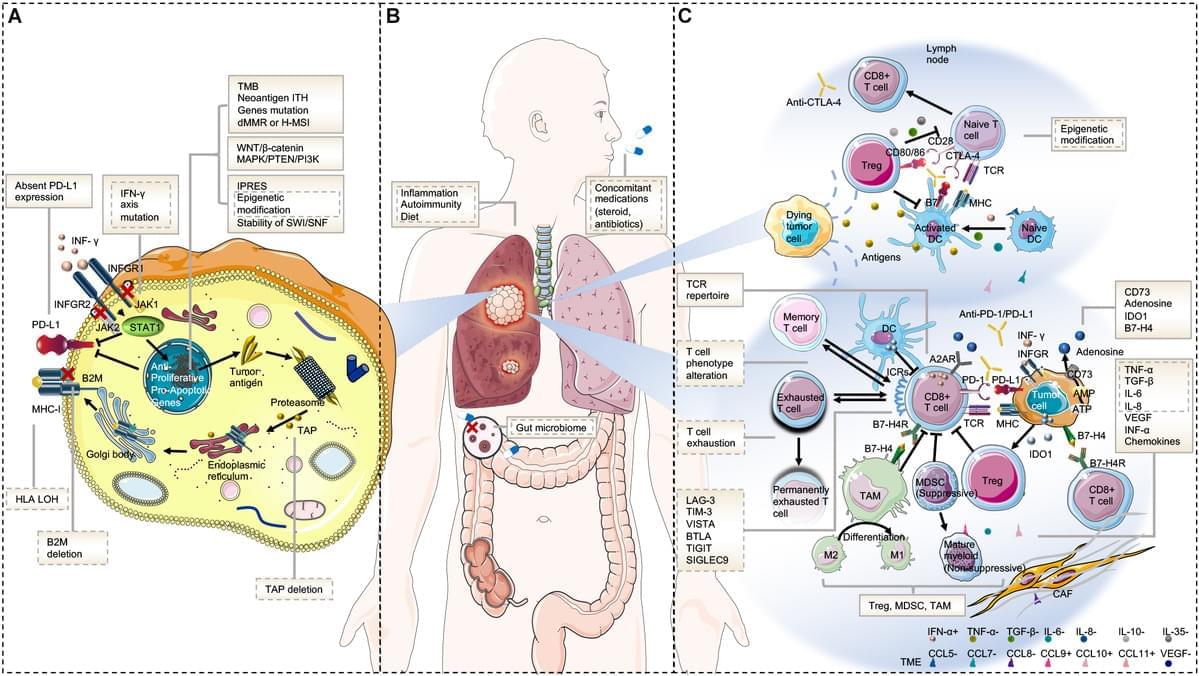
Immunotherapy has revolutionized lung cancer treatment in the past decade. By reactivating the host’s immune system, immunotherapy significantly prolongs survival in some advanced lung cancer patients. However, resistance to immunotherapy is frequent, which manifests as a lack of initial response or clinical benefit to therapy (primary resistance) or tumor progression after the initial period of response (acquired resistance). Overcoming immunotherapy resistance is challenging owing to the complex and dynamic interplay among malignant cells and the defense system. This review aims to discuss the mechanisms that drive immunotherapy resistance and the innovative strategies implemented to overcome it in lung cancer.
The discovery of the immune checkpoint inhibitors (ICIs), represented by the monoclonal antibodies that block cytotoxic T−lymphocyte−associated protein 4 (CTLA-4), programmed death protein 1 (PD-1), and programmed death protein ligand 1 (PD-L1), has revolutionized the therapeutic landscape of lung cancer. The significant survival benefit derived from ICI-containing treatment has established it as the mainstay first-line therapy in patients with advanced or locally advanced non-small cell lung cancer (NSCLC) and extensive small-cell lung cancer (SCLC). Unprecedented long-term clinical benefit or even, in some cases, a complete recovery has been witnessed in lung cancer, particularly in patients with high PD-L1-expressing tumors (1– 3). Currently, investigations are under way aimed at integrating immunotherapy in the treatment of early-stage lung cancer.
However, most patients with NSCLC develop primary resistance during ICI monotherapy and only 15 to 20% achieve partial or complete response (3). Acquired resistance also occurs in initially responding patients with advanced NSCLC treated with ICIs, after a median progression-free survival (PFS) of 4–10 months (4– 9). The mechanisms of resistance to immunotherapy are not yet fully understood, and methods to overcome them must be developed. Herein, we discuss the pathways driving resistance to immunotherapy in lung cancer to help clinicians in their current practice, as well as identify future research priorities and treatment strategies.
